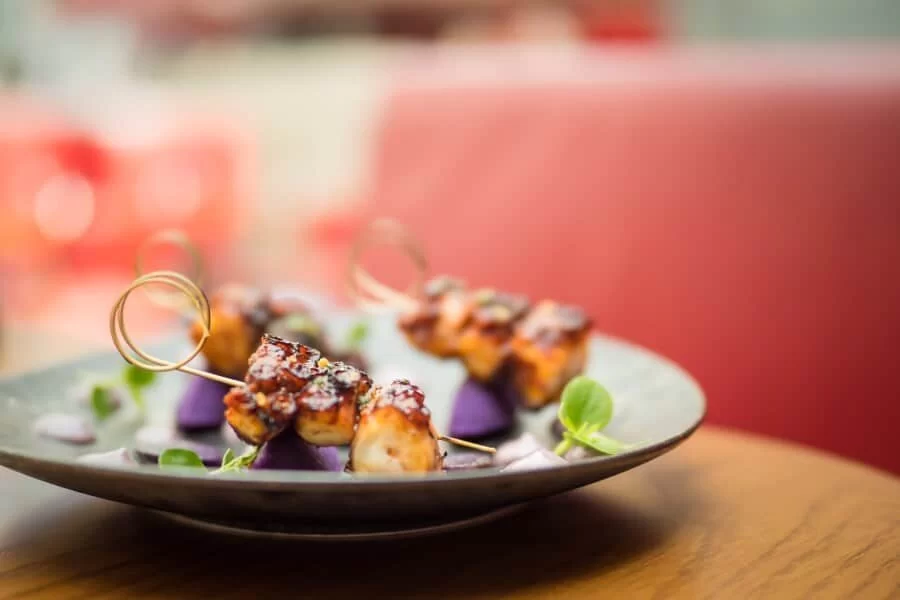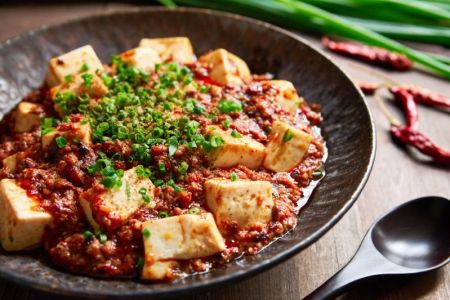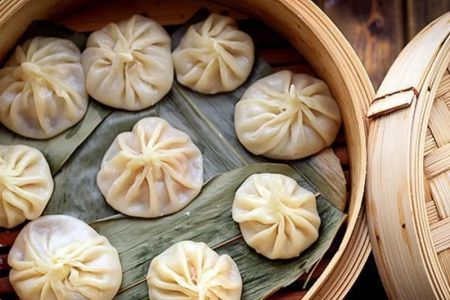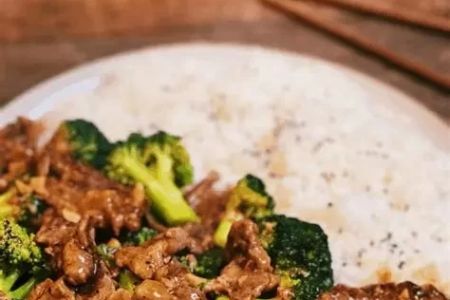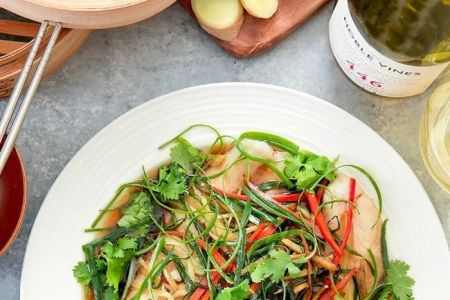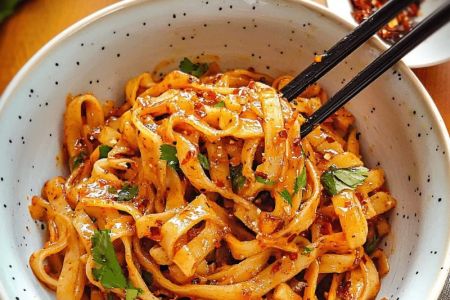- Essential Techniques for Chinese Food Photography
- Lighting and Composition Strategies
- Styling and Presentation for Authenticity
- Practical Examples and Real-Life Stories
- Where to Find the Best Chinese Food Photography Resources
Essential Techniques for Chinese Food Photography
Capturing the vibrant flavors and textures of Chinese cuisine through photography requires more than just pointing and shooting. Chinese food photography tips focus heavily on showcasing the dish’s unique characteristics—be it the glossy sheen of a stir-fry or the delicate steam rising from a freshly made dumpling. Understanding the essence of each dish allows photographers to highlight the cultural richness embedded in the food.
One key technique is mastering the balance between natural and artificial lighting. Unlike other food photography styles where overly bright or stark lighting might be used, Chinese food photography benefits from softer, diffused light that enhances the natural colors without washing out the dish. Additionally, choosing the right angle is critical. For example, top-down shots work well for intricate dim sum platters, while a 45-degree angle captures the depth of a bowl of hot soup, emphasizing texture and warmth.
Understanding the Role of Texture and Color
Texture plays a pivotal role in Chinese dishes, from the crispy exterior of Peking duck to the silky smoothness of tofu. Photography that brings out these contrasts helps viewers almost taste the food through the image. Similarly, the rich reds, greens, and golds common in Chinese cooking should be emphasized to evoke appetite and authenticity.
By incorporating these techniques, photographers create images that resonate emotionally with viewers, inviting them to explore Chinese cuisine beyond the plate.
Lighting and Composition Strategies
Lighting is one of the most discussed topics among food photographers, and it is especially crucial when photographing Chinese dishes. Natural window light, ideally during the early morning or late afternoon, provides a warm, inviting tone that enhances the food’s appeal without harsh shadows. When natural light is unavailable, softbox lighting mimics this effect and can be adjusted to bring out the moisture on glossy sauces or the steam rising from hot dishes.
Creative Use of Shadows and Highlights
In Chinese food photography, subtle shadows add depth and dimension, making dishes look more three-dimensional and appealing. Instead of eliminating shadows entirely, embrace them to create a mood or highlight a particular element in the dish. For instance, the slight shadow beneath a bamboo steamer basket can add context and authenticity to the composition.
Compositional Balance and Cultural Elements
Composition in Chinese food photography is not only about arranging the food but also incorporating cultural elements that tell a story. Traditional chopsticks, porcelain bowls with intricate patterns, or a splash of red chili can all serve as visual anchors. Carefully balancing these items alongside the food enriches the image and provides context for the viewer, making the photograph more than just a simple food shot—it becomes a narrative of Chinese culinary tradition.
Styling and Presentation for Authenticity
Authenticity is crucial in Chinese food photography tips, and styling plays a significant role in achieving this. The way food is presented should reflect how it is traditionally served. For example, a bowl of hand-pulled noodles should look rustic yet inviting, with strands visibly separated rather than clumped together. Similarly, dim sum should be arranged with variety and abundance to evoke the communal eating culture.
Choosing Props and Tableware Thoughtfully
The props used in photography can enhance the story and add layers of meaning. Using bamboo steamers, Chinese porcelain, wooden chopsticks, or traditional tea sets instantly situates the viewer in a Chinese dining experience. The color and texture of these props should complement the food without overpowering it.
Incorporating Fresh Ingredients and Garnishes
Fresh ingredients like chopped scallions, fresh cilantro, or sesame seeds sprinkled just before shooting can elevate the visual appeal and signal freshness. These small details make a big difference in translating the vibrant flavors of Chinese dishes onto the screen.
Practical Examples and Real-Life Stories
Consider the story of Li Wei, a food blogger from Shanghai who mastered Chinese food photography by focusing on the little details. She shared how lighting her kitchen window with soft, diffused light transformed her pictures of hot pot dishes, capturing the swirling steam and rich colors authentically. Her images not only gained social media traction but also brought attention to the authentic flavors of regional Chinese dishes.
Another compelling example comes from a professional photographer who documented a famous Cantonese chef’s dim sum preparation. By shooting close-ups of the delicate folding and the final steamed presentation, he created a visual feast that helped the chef’s restaurant gain international acclaim. This case highlights how strong photography skills can elevate Chinese food’s global appreciation.
Lessons from these Experiences
These stories emphasize the importance of patience, attention to detail, and understanding cultural context in Chinese food photography. They remind aspiring photographers to not just capture food but to tell a story through every shot.
Where to Find the Best Chinese Food Photography Resources
For those looking to deepen their skills or find authentic products and props for Chinese food photography, visiting Chinese Food can be invaluable. This platform offers a curated selection of high-quality kitchenware, ingredients, and professional services tailored to Chinese culinary art. Whether you’re a hobbyist or a professional, accessing the right tools and inspiration can make all the difference in producing captivating and authentic images.
In summary, mastering Chinese food photography tips involves a nuanced approach that blends technical skill, cultural appreciation, and storytelling. By focusing on lighting, composition, styling, and authenticity—and learning from real-life experiences—you can create stunning images that do justice to the rich tradition of Chinese cuisine.


